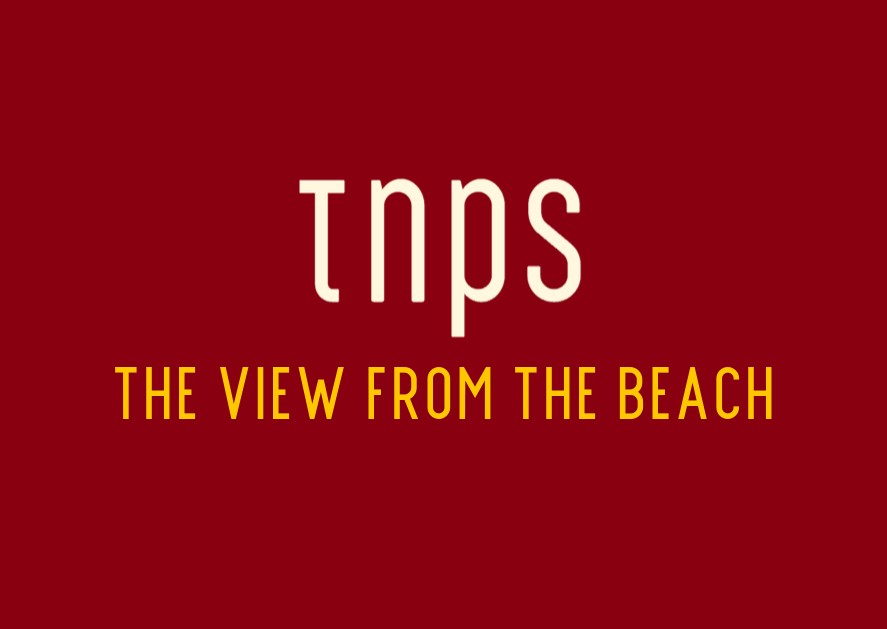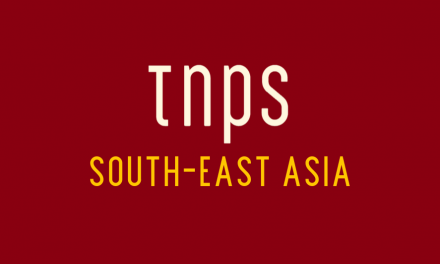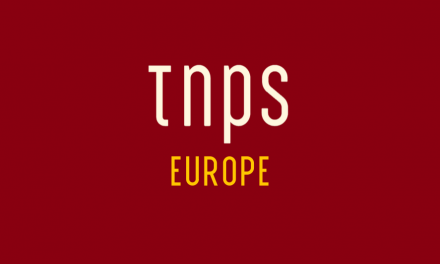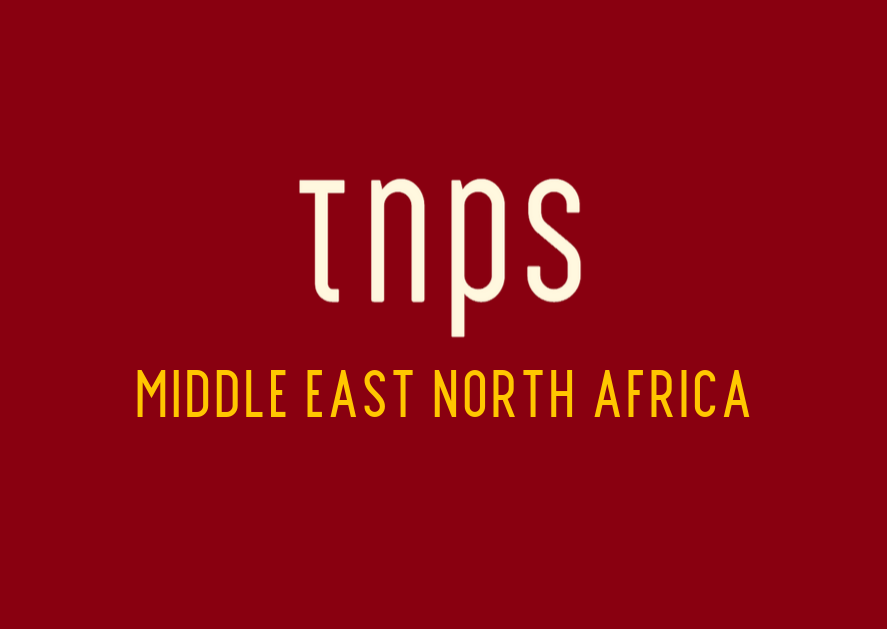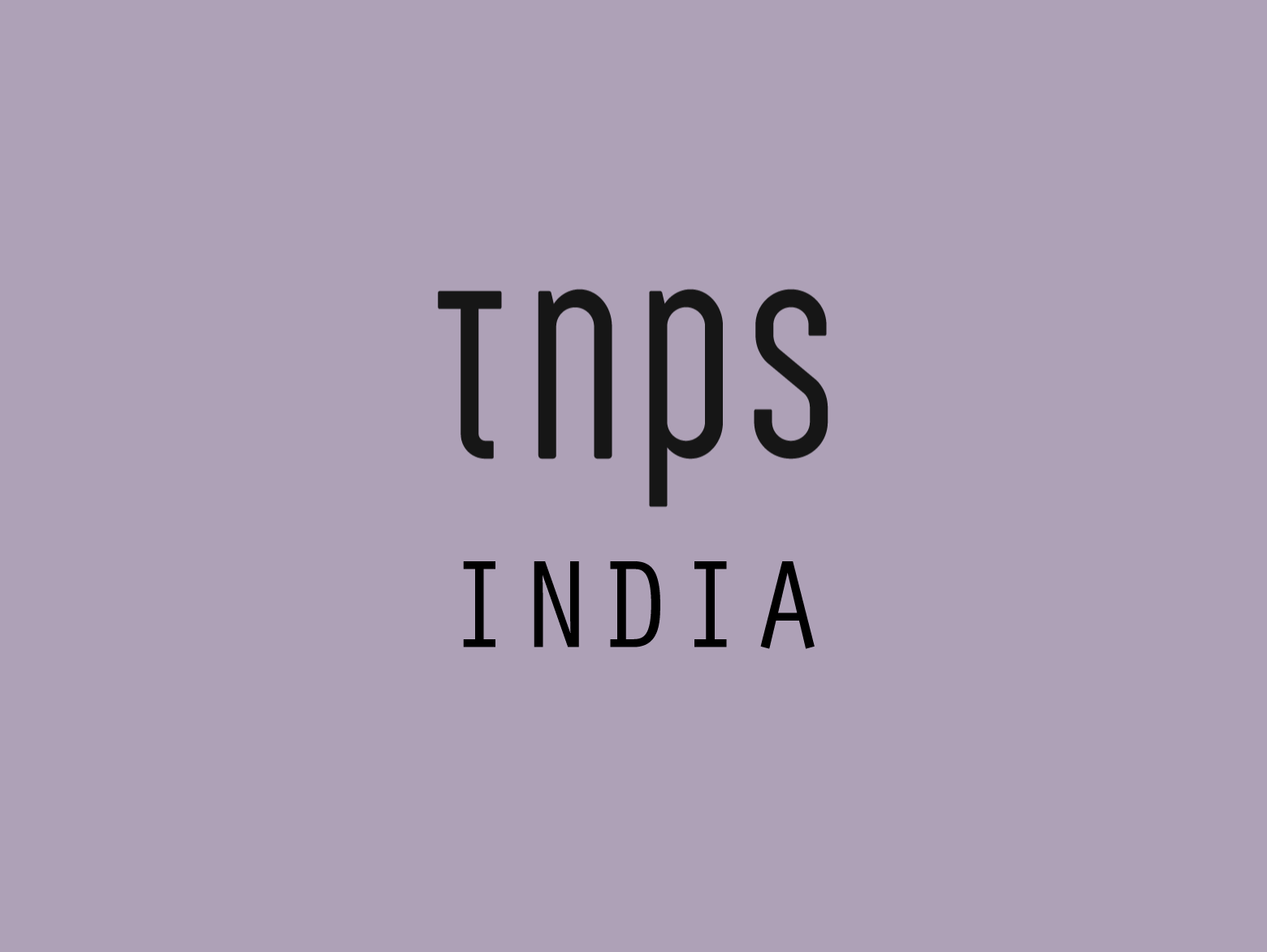Publishers need to be strategising about Pandemic Y3 as a very realistic prospect, not making plans based on wishful thinking about how it might be all over in a few months. Book Expo America showed us just how dumb that approach was.
The message on the Beijing International Book Fair website is curt and to the point. The Pandemic, to the extent that it ever notionally went away, is back.
China was first to be hit by the Pandemic and seemingly first to tame it, but as other nations, not least the US and UK, are finding to their costs, the rushed-out vaccines have helped, but have far from contained the coronavirus in its many variant forms.
The Beijing Fair states:
Due to strict pandemic prevention and control measures adopted currently, the organizing committee of the Beijing International Book Fair announces that the 28th BIBF originally scheduled on 25th to 29th August will be postponed to a later date.
The organizing committee will closely follow the progress of pandemic prevention and control in Beijing and release the latest information regarding the 28th BIBF as soon as possible.
China of course is not Europe or North America, but the current complacency in the run up to the autumn fairs season and the casual assumption that the spring 2022 season will go ahead just like in yesteryear seems especially ill-advised just now.
I’m reminded of my commentary in March 2020 as the pandemic first arrived in “the west”, when book fair organisers were determined to look the other way as evidence mounted that Covid-19 was not going to fade away as fervently hoped.
From TNPS 9 March 2020:
But let me end this post with the latter part of the headline that opened it. Is the mighty Frankfurt Buchmesse on the at-risk list this year?
As I write this there are well or 200 days to go, and October 14 seems so far distant that we might not need worry about the Coronavirus scare.
But then again, we are in uncharted waters here. Nobody can predict just how long this crisis will continue. By October it may all be a distant memory, or it might be worse than anything we are currently imagining.
“The headline that opened it?” I’ll come back to that in a moment.
But here we are in late August 2021, almost 18 months later, and the Pandemic is, for all the vaccines, mask mandates, travel restrictions and outright lockdowns, still with us, with new variants that, with the northern hemisphere’s virus-friendly winter months rushing up, will continue to out-evolve science.
The mighty Buchmesse learned lessons in 2020 and can and will, if need be, pivot to digital again this year if (when…) the autumn virus blues kick in, and who knows, maybe the London Book Fair will, behind closed doors if not publicly, be considering its digital options for March 2022.
Which brings us to the above quote from TNPS and the reference to “the headline that opened it.”
Said headline was this:
Bologna and BEA face inevitable cancellation. Frankfurt 2020 is on the at-risk list. Thailand’s Bangkok IBF moves online. Global publishing faces a watershed moment as digital takes centre-stage.
Bologna and BEA were of course closed, and BEA, unwilling to move with the times, is no more. A true industry casualty of the coronavirus.
But what matters now in that headline is the “watershed moment” global publishing faced as digital took centre-stage.
For many, the fervent hope was that this was not a watershed moment but rather a moment of passing inconvenience when digital briefly gained more significance in our publishing lives than we were comfortable with.
Eighteen months on and the watershed is part of publishing reality. There is no going back, and what matters now is how far publishers are willing to bet against digital and against the coronavirus, in the hope things will return to the “old normal”, or how far they are willing to embrace a hybrid future where digital is a conscious and thought-through part of their business strategy and the “new normal” becomes “normal”.
The literally last-minute cancellation of the Beijing Book Fair today is a fiery reminder of the precariousness of publishing’s position globally as the northern climes winter approaches.
And just one more reason, if needed, why publishers need to be thinking about Pandemic Y3 as a very realistic prospect, not making plans based on wishful thinking about how it might be all over in a few months.
Book Expo America showed us just how risky that latter approach was.

